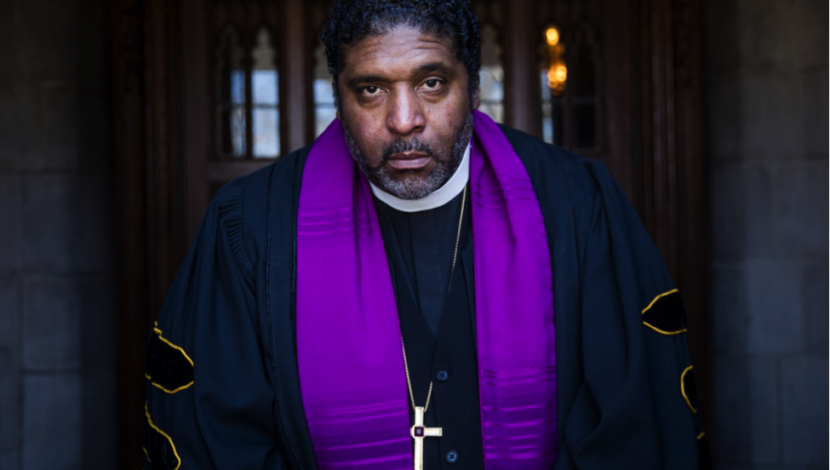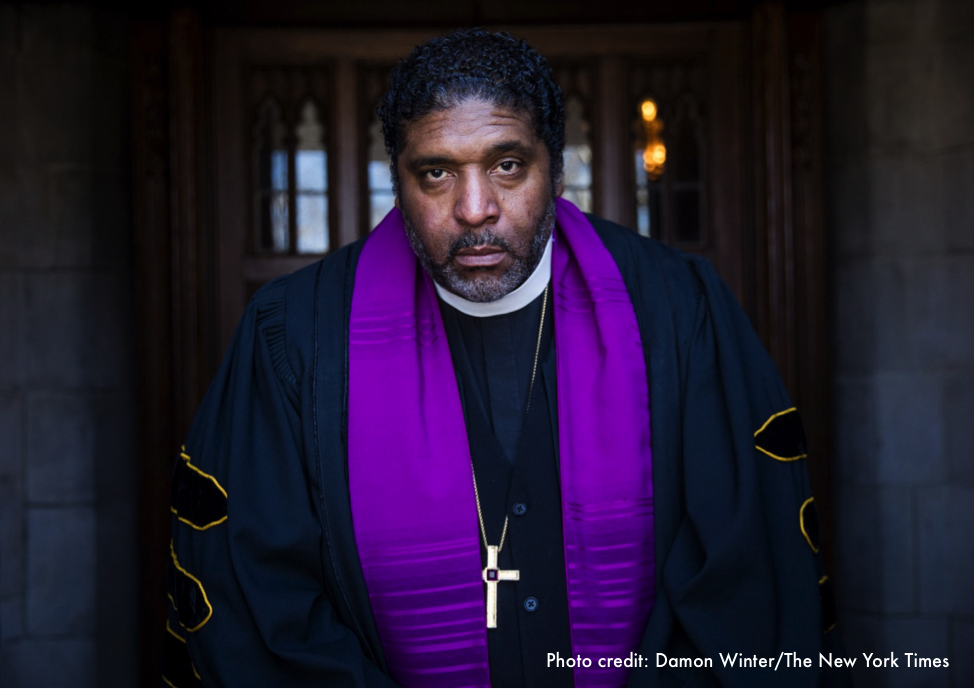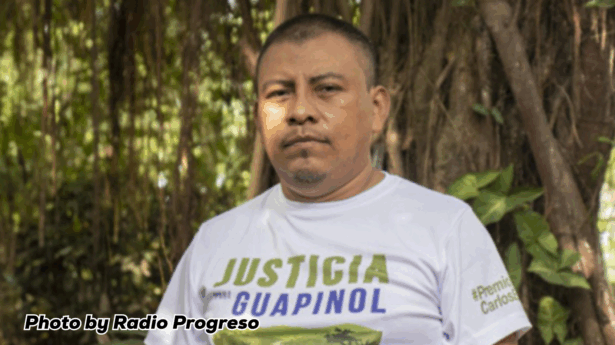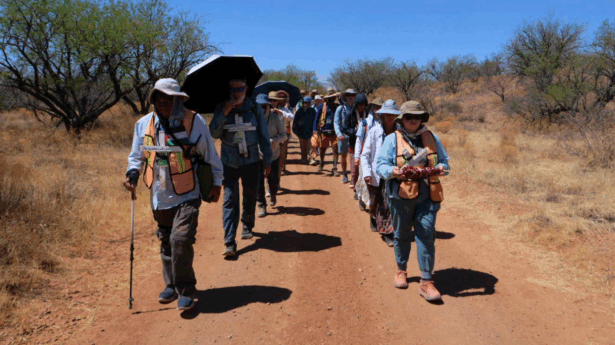The Unitarian Universalist Service Committee advances human rights through grassroots collaborations.
June 16, 2017, Rights Reading

By Kale Connerty on June 16, 2017
Our weekly roundup of what we’re reading in human rights and social justice! This week’s wrap-up includes select articles from the front lines of human rights that we don’t want you to miss: Iraqi Christians facing deportation, the growing religious left movement, and the Standing Rock Sioux’s continued fight against the Dakota Access Pipeline.
Forty Iraqi Christians were rounded up in Detroit, Michigan on Sunday, June 11 by Immigration and Customs Enforcement (ICE) and are now being held in a detention center in Ohio. ICE raids and deportations are nothing new, especially under the Trump administration, but this case stands out because of how blatantly it is driven by political and economic negotiations between the United States and Iraq. It appears that Iraq was removed from Trump’s travel ban list – a ban that has been ruled illegal multiple times in court – after agreeing to accept deportees from the United States.
Many of the Iraqi Christians now facing deportation feel betrayed by Trump and his administration (and rightly so). Christians are a heavily persecuted minority in Iraq, and as Del Valle reports, “the House of Representatives unanimously voted in favor of a resolution declaring that ISIS’s persecution of religious minorities in Iraq and Syria, including Christians, constitutes genocide.” Many of the detained immigrants came to the United States to escape violence; to send them back to Iraq is knowingly putting them in mortal danger.

Over the past 40 years, the Christian conservatives have been the dominant religious presence in the U.S. political sphere. That’s finally starting to change. In response to Trump’s election, religious progressives are getting involved in grassroots movements across the country, “hungry to break the right’s grip on setting the nation’s moral agenda.”
As Goodstein points out, the religious left hasn’t been heavily involved in politics since protesting the Vietnam War. Now, the religious left is a much more diverse group – represented by many religions, by women, by people of color, by members of the LGBTQI community – and they want to turn the religious-political conversation back towards “fundamental biblical imperatives — caring for the poor, welcoming strangers and protecting the earth — and maybe even change some minds about what it means to be a believer.”
However, one of their biggest obstacles to really creating a political movement is other liberals. The standing policy of the Democratic Party is to distance itself from religion, whereas the Republican party has tied itself with Christian conservatism, which has generated them an important voter base in the past few decades.
In the wake of Trump’s election, one thing is certain: U.S. politics are changing. Goodstein’s article is an important look at the intersection between religion and politics.
UUSC has joined with the UUA for Love Resists, a joint campaign aimed at activating people of faith and conscience to resist the harm inflicted by criminalization by creating safer, more just, welcoming, and sustainable communities.
On Wednesday, the Standing Rock Sioux Tribe won their first court victory, but it wasn’t all they deserve. The court ruled that the U.S. Army Corps of Engineers’ initial study of the Dakota Access Pipeline’s (DAPL) environmental impact was not extensive enough and ordered for a new one to be conducted. However, the DAPL will still remain active in the meantime and perhaps even after the new study is complete.
It is unclear yet whether true justice will come to Standing Rock, but as Meyer states, “the ruling may establish some important precedents, particularly around environmental justice and treaty rights.” Although months of protests may not change the outcome of DAPL and its threat to Standing Rock drinking water, it may change the outcome of future cases.

